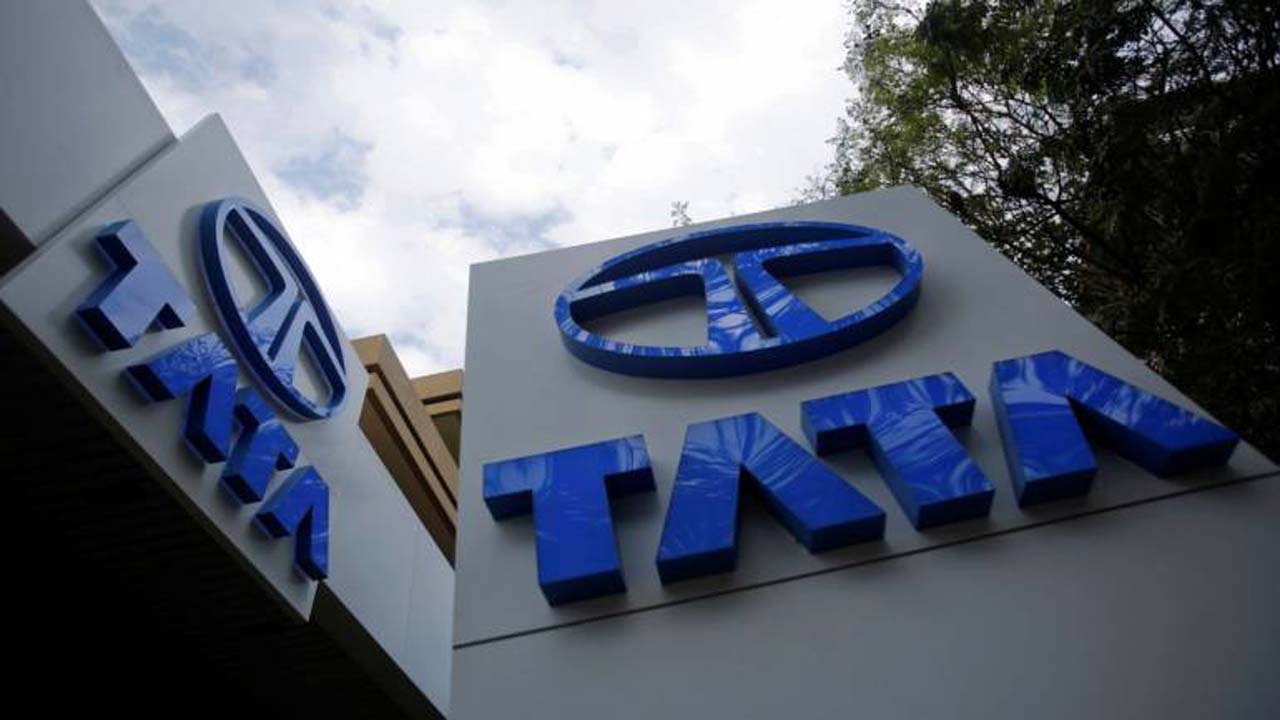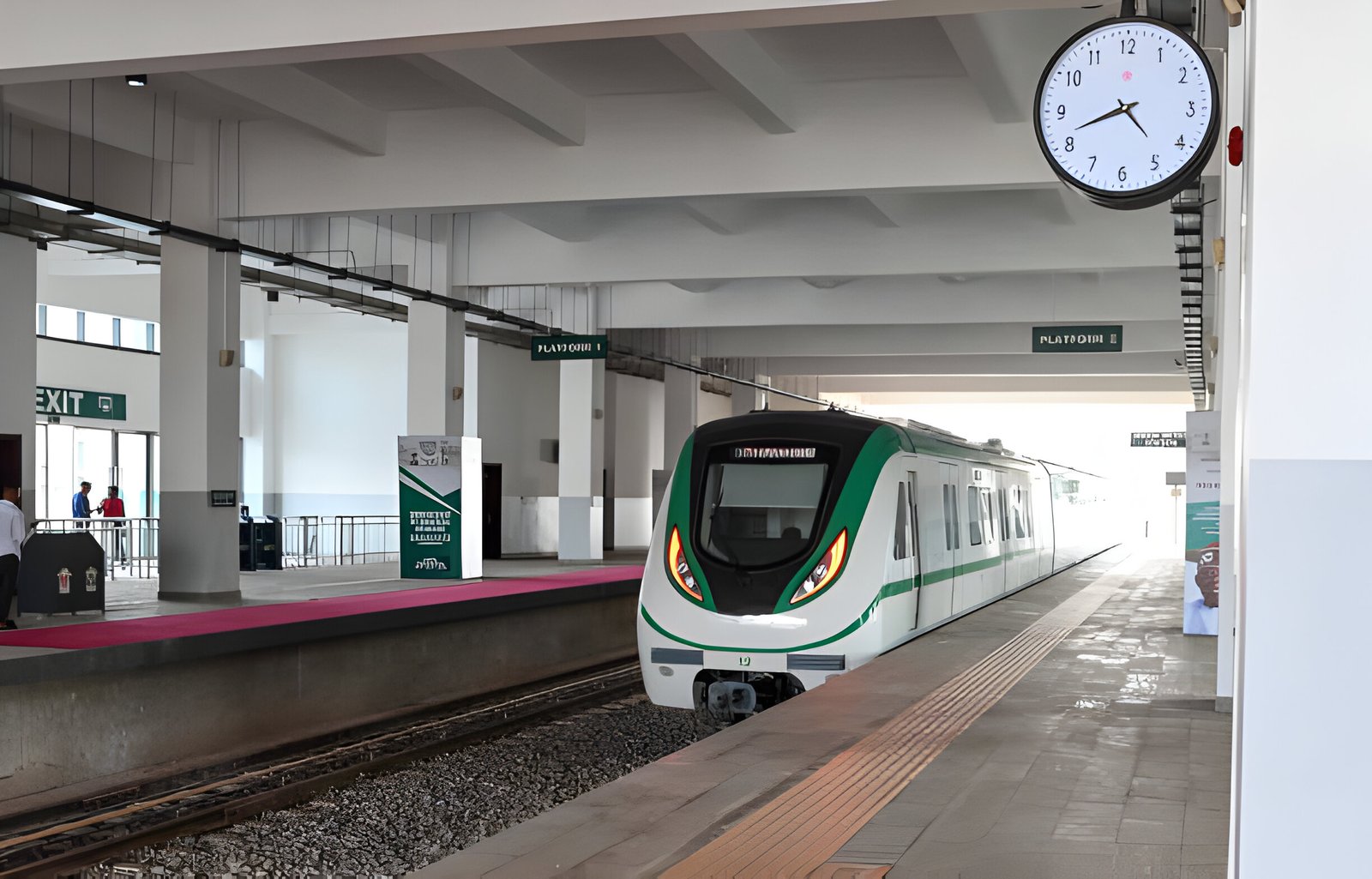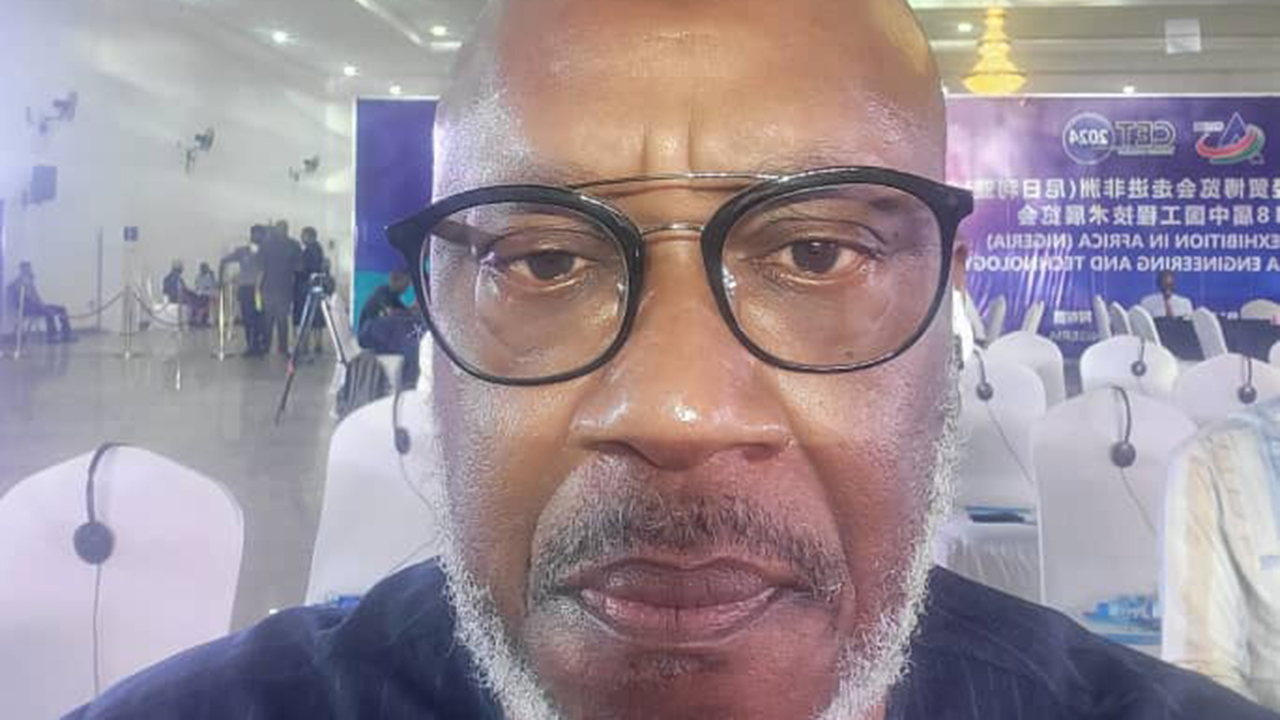
Reaffirms commitment to automotive policy
Tata Africa Services (Nigeria) Limited has rolled out its 200 locally assembled vehicles, which the company said was part of its commitment to Nigeria’s automotive policy.
Besides, it disclosed that the assembled vehicles was made to suite the Nigerian terrain and cost effective.Speaking at the unveiling ceremony in Lagos on Wednesday, the Auto Head, TATA Motors Limited, Suraj Prakash, said that the company would continue to ensure the adherence to the local content to ensure cost effective cars in Nigeria.
“Our vehicles are well assembled and cost effective and it is better. Our vehicles are durable, up to standard and made for the Nigerian terrain. “We will like to have more of government’s support on automobile policy because importation of Tokunbo vehicles is of great disadvantage. “Our vehicles are not expensive because most of the materials are sourced locally, so the cars are cost effective.”
“Tata motors have a strong presence in Nigeria with investment of over 10 million dollars. We started assembly in 2016 in Nigeria which was well received by Nigerians,” he said.
Director, Industrial Infrastructure, National Automotive Design and Development Council, Waheed Adetoro, said that government would continue to give adequate support to the local car manufacturers in the country through patronages as directed by the Bureau of Public Procurement, stating that government will continue to give support and protect locally manufactured cars in Nigeria.
In his words: “In the past, what we had was policy somersault, but now government has put up a bill passed by National Assembly. The bill, the Automotive Development Plan Policy has been passed by the National Assembly waiting for the President assent. Once it is signed, the core operators in Nigeria will be protected.
“The country is appreciative to those who have faith in Nigeria because manufacturing is key to the economy of Nigeria. “We need to transform the sector from import dependent to full scale manufacturing with realisation of technology transfer to indigenous experts in the industry,’’ he said.
“We need to transform the sector from import dependent to full scale manufacturing with realisation of technology transfer to indigenous experts in the industry,’’ he said.
[ad unit=2]






